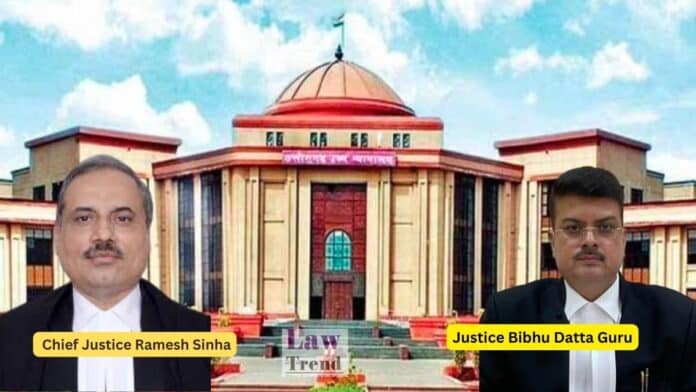The High Court of Chhattisgarh, while acquitting a man accused of murdering his father and grandmother, has held that to claim the benefit of Section 22 of the Bhartiya Nyaya Sanhita, 2023 (BNS), which is equivalent to Section 84 of the Indian Penal Code, 1860, the crucial consideration is the accused’s behaviour preceding, during, and
To Read More Please Subscribe to VIP Membership for Unlimited Access to All the Articles, Download Available Copies of Judgments/Order, Acess to Central/State Bare Acts, Advertisement Free Content, Access to More than 4000 Legal Drafts( Readymade Editable Formats of Suits, Petitions, Writs, Legal Notices, Divorce Petitions, 138 Notices, Bail Applications etc.) in Hindi and English.




